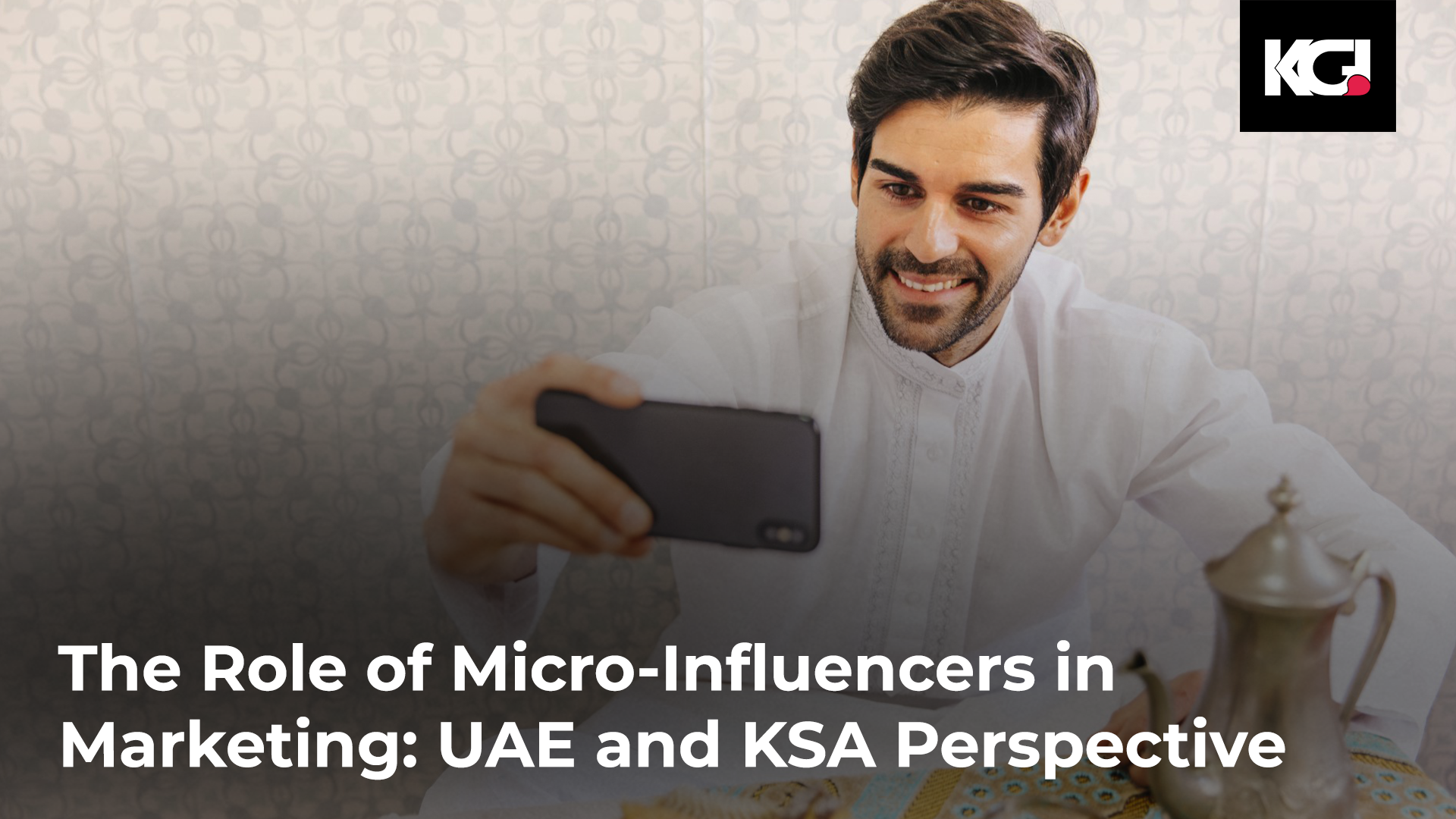In the dynamic realm of digital marketing, the role of micro-influencers has gained substantial significance in the United Arab Emirates (UAE) and the Kingdom of Saudi Arabia (KSA). Micro-influencers, individuals with a smaller but highly engaged and loyal following on social media, are increasingly becoming the go-to-choice for brands seeking to connect with their target audiences in these regions. In this article, we will delve into the unique role of micro-influencers in marketing, focusing on the perspectives of the UAE and KSA.
1. Authenticity and Cultural Relevance
Micro-influencers in the UAE and KSA have the advantage of being deeply embedded in the local culture and lifestyle. Their content often reflects the nuances of the region, resonating with the values, traditions, and sensibilities of the local audience. This cultural relevance and authenticity are highly prized in both countries, where consumers are discerning and place a premium on trust.
2. Niche Expertise
Many micro-influencers in the UAE and KSA specialize in specific niches, such as fashion, beauty, travel, food, and tech. This niche expertise allows brands to target highly specific segments of their audience effectively. Whether it’s a makeup tutorial tailored for the Middle Eastern skin tone or a food blogger exploring traditional Arabic cuisine, micro-influencers provide content that caters to the unique interests of their followers.
3. High Engagement Rates
One of the defining characteristics of micro-influencers is their high engagement rates. With smaller, more tightly knit follower bases, micro-influencers often generate more likes, comments, and shares per post compared to influencers with larger followings. This heightened level of engagement translates into increased visibility and credibility for brands in the UAE and KSA.
4. Cost-Effective Marketing
Influencer marketing budgets can vary widely, but collaborating with micro-influencers is generally more cost-effective than partnering with macro-influencers or celebrities. This cost efficiency is particularly appealing to businesses in the UAE and KSA, from startups to established brands, as they can leverage the power of influencer marketing without breaking the bank.
5. Word-of-Mouth Influence
Word-of-mouth recommendations are highly influential in the UAE and KSA. Personal connections and trust play a significant role in consumer decision-making. Micro-influencers, with their authentic and relatable personas, function as trusted advisors to their followers. When they endorse a product or service, it often results in real purchasing decisions.
6. Local Insights
Micro-influencers understand the local nuances, customs, and preferences of their respective countries. They are well-versed in the local market dynamics, allowing them to create content that resonates with their audience. Brands can leverage this local insight to tailor their marketing campaigns effectively.
7. Diverse Audiences
Both the UAE and KSA boast diverse populations, with residents from various cultural backgrounds and demographics. Micro-influencers, often reflecting this diversity, can help brands connect with different segments of the population. For instance, an influencer who speaks both Arabic and English can cater to a broader audience.
In the UAE and KSA, the role of micro-influencers in marketing is pivotal. Their authenticity, cultural relevance, niche expertise, cost-effectiveness, high engagement rates, local insights, and word-of-mouth influence make them indispensable for brands aiming to connect with consumers in these regions. By strategically partnering with micro-influencers who understand the nuances of the UAE and KSA, brands can enhance their marketing efforts, build trust, and create meaningful connections with their target audience. As influencer marketing continues to evolve, recognizing the significance of micro-influencers is a key strategy for success in these diverse and dynamic markets.


